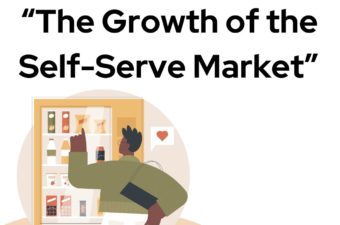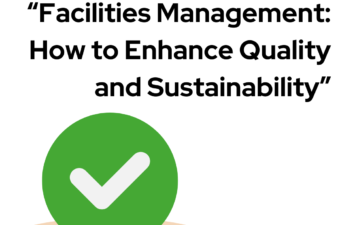By now we all know what corporate social r

As a refresh – corporate social responsibility is essentially a business model incorporated into the everyday running of an organisation in order to be more socially accountable to employees, customers, the wider community and the planet.
With a huge focus in recent years on topics such as sustainability, harassment in the workplace and gender equality, companies really have to be proactive in addressing and abolishing these issues to be seen as a ‘responsible company’ that customers want to spend their money with and remain loyal to.
Not only do the companies practising great corporate social responsibility retain customers
Effect on employees
If you are aiming to attract the best of the best to help drive your company forward, you need to be offering not only a great package but a solid corporate social strategy.
People want to be involved with companies trying to make a difference both in the environment and in the workplace. They want to get involved with charity work, team building, work socials and to work for a company that sees all employees as equals.

The #MeToo movement has shown just how terribly things can go wrong for both men and women in the workplace. The BBC gender pay gap is another example of how, even massive organisations, can get equality so wrong.
The point is, everyone is well aware now of these issues and will specifically be looking closely at a company’s ethics and culture before making a decision as to whether they want to work for them or not.
The next hurdle is retaining these great employees. Morale needs to be something employers are conscious of and aiming to keep high. This means happy workers. Employees tend to be more satisfied in their job if they feel like they are giving back to charity or the community, so charity days are a great way to involve your workforce in meaningful activities, while improving company reputation.
You can read more about employee satisfaction in our two previous blogs Employee satisfaction and how to achieve it and How to assess employee satisfaction – and improve it.
Company reputation
Organisations that show great efforts in corporate social
With 92% of customers having a more positive image of companies that are socially responsible, it can have such a massive impact on customer retention and in their decision as to whether they will choose to take their custom elsewhere or not.

If an organisation is to encounter a crisis that would usually have a negative effect on their reputation, a huge 63% of the public would give the benefit of the doubt to the companies that operate a solid corporate social responsibility policy.
These companies can also get away with charging more for their products or service, with 66% willing to pay extra to deal with a company with great values.
Improving your reputation score from ‘average’ to ‘excellent’, increases trust by 3.2 times.
All of these statistics show that there really is no reason you shouldn’t be implementing a strategy for your corporate social r
Understanding what should be in a CSR policy
If you are at a bit of a loss as to what should be included in your corporate social responsibility policy, you can visit https://www.iso.org/iso-26000-social-responsibility.html for guidance.
You can think about procedures your company would undertake if a claim was to be made against them or if an incident were to happen, in which damage control should be adopted to protect the reputation of your company. Transparency, consideration and responding in a timely manner are all things that will help to show the public you are dealing with any issues responsibly and with empathy.
Most of all, your aim should be to prevent any incidents from happening by ensuring the entire company are aware of policies, best practises and the promotion of inclusivity within the workplace.

Another great step to make is planning to reduce your carbon footprint. Many companies and even cities are becoming conscious of their environmental impact due to carbon emissions and have plans in place to become carbon neutral, if they already aren’t.
Here at RSL, we started our journey to become carbon zero 10 years ago, understanding the negative effects of our carbon output and that we cannot simply ignore them, we now support the Kenyan Energy Efficient Stove Project. The project builds energy-saving cooking stoves for villages in Kenya. Resulting in a 50% reduction in the need for firewood, preventing carbon from being emitted from the stoves. In addition to carbon prevention, it also provides families with a cost and time effective method to cook with, while improving
If you would like to discuss how you can start your journey, we would be more than happy to help you along the way.








